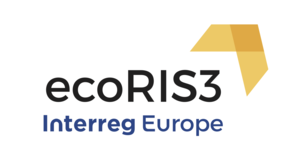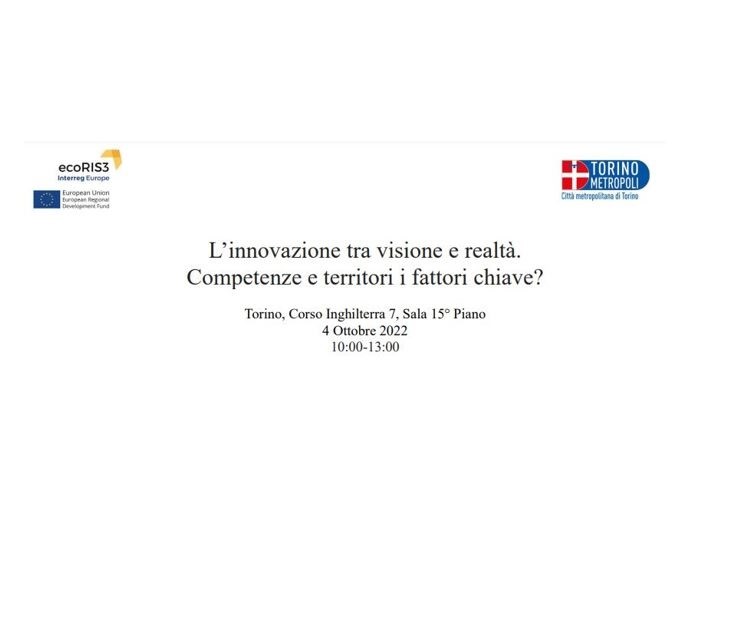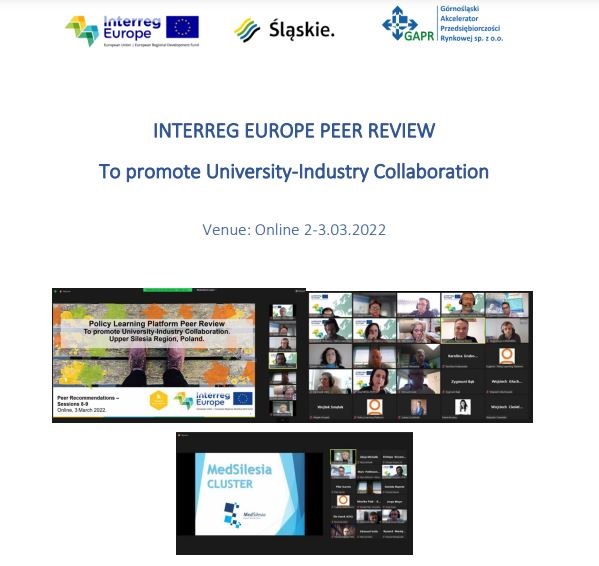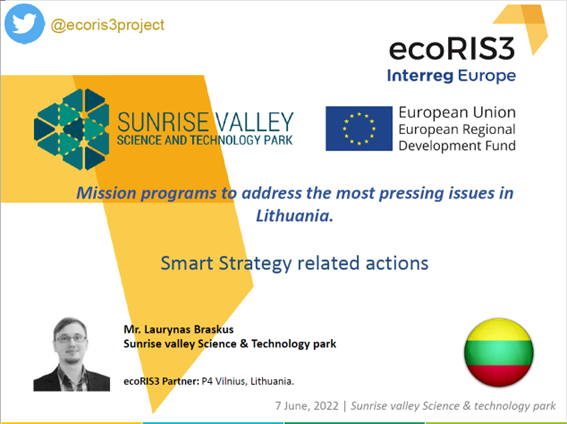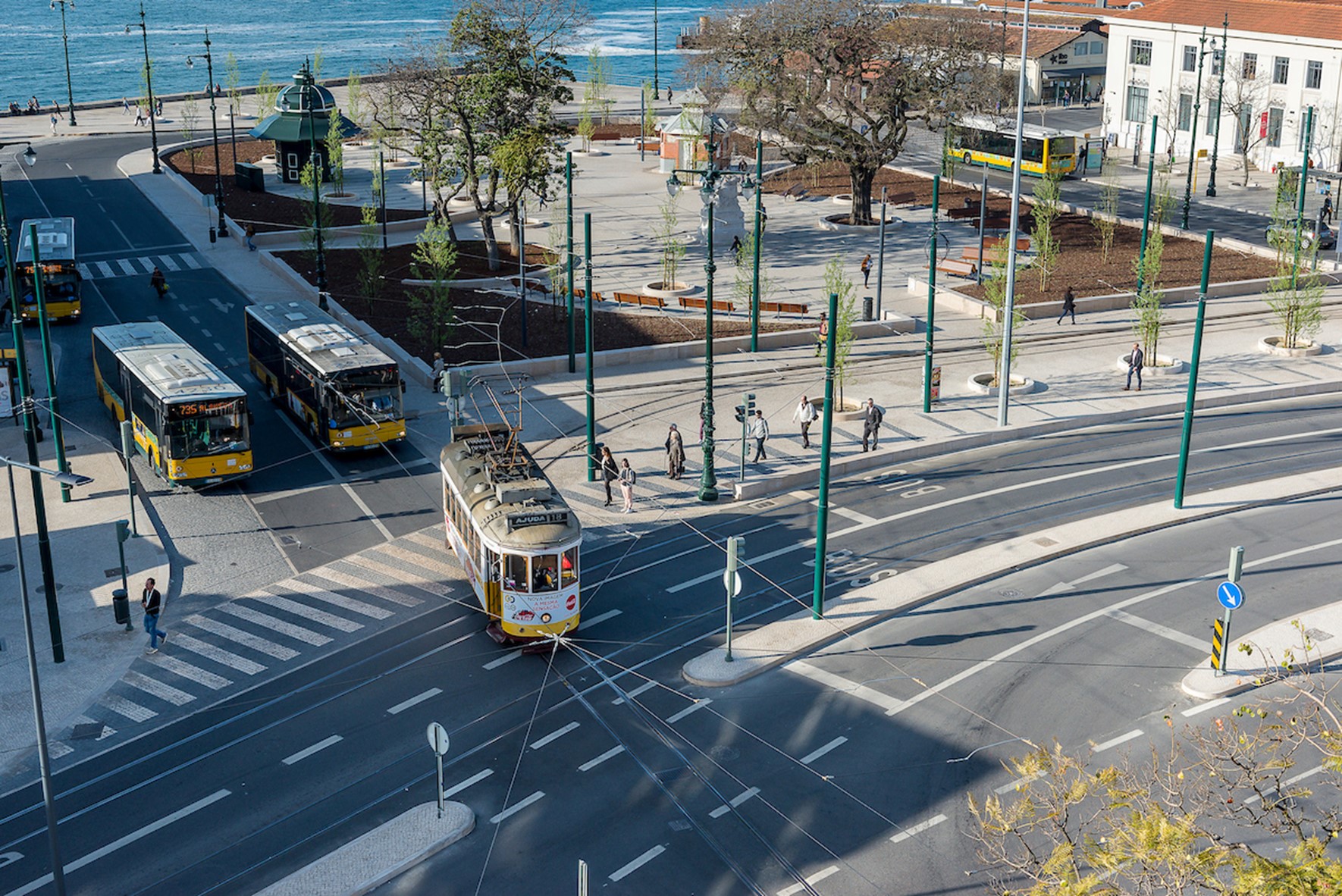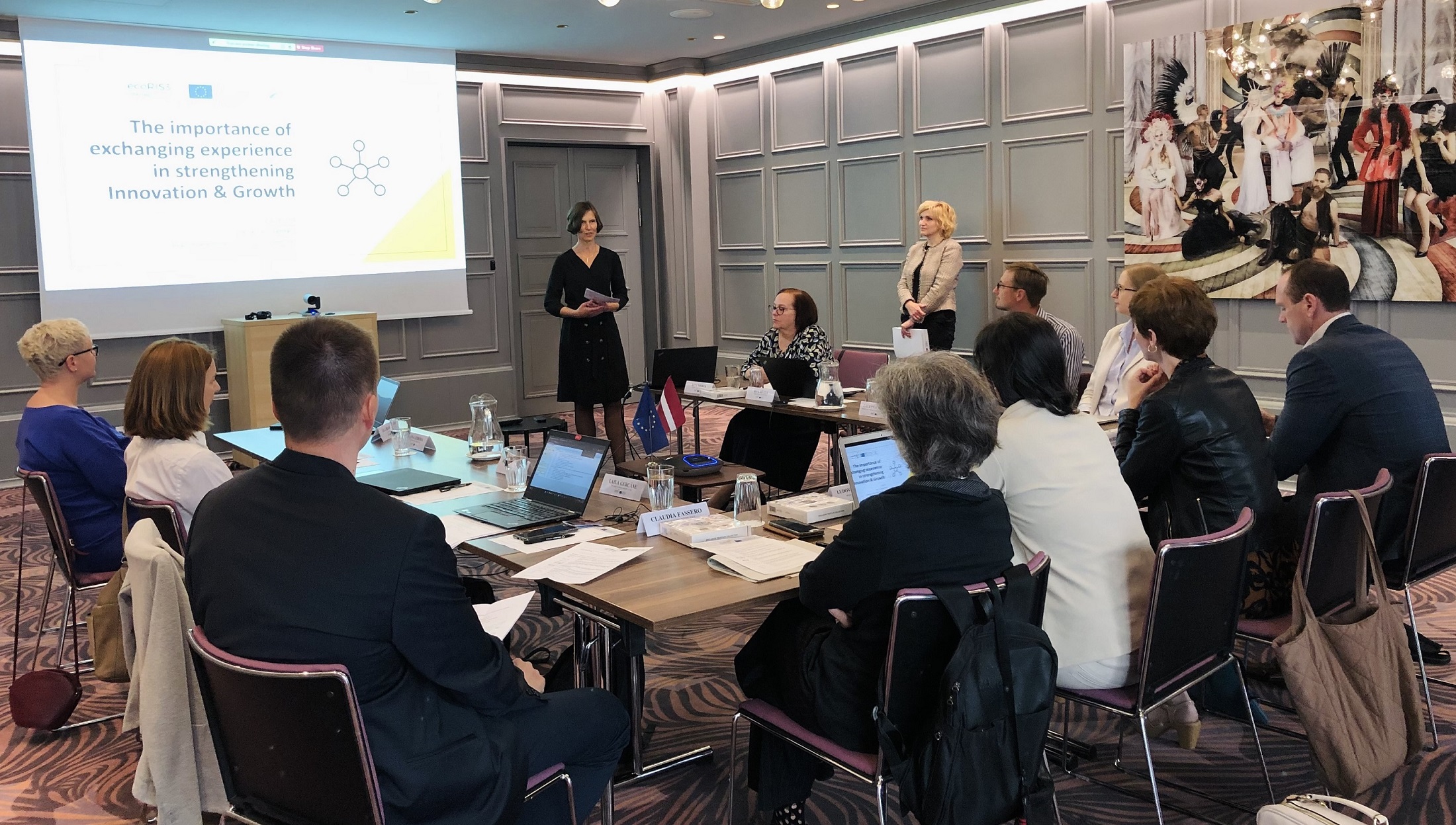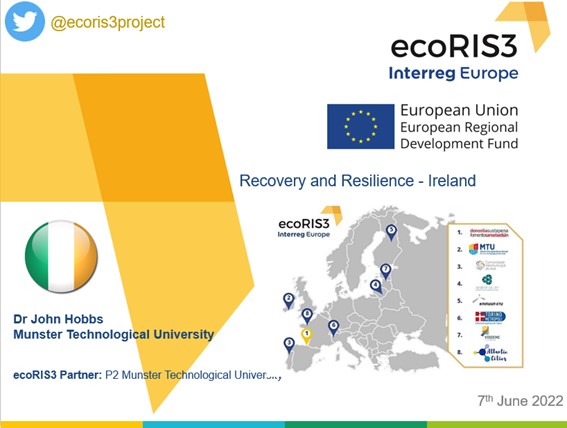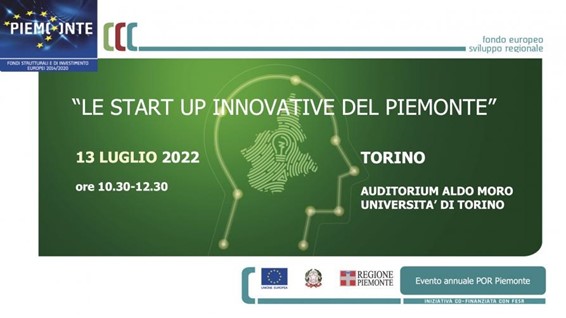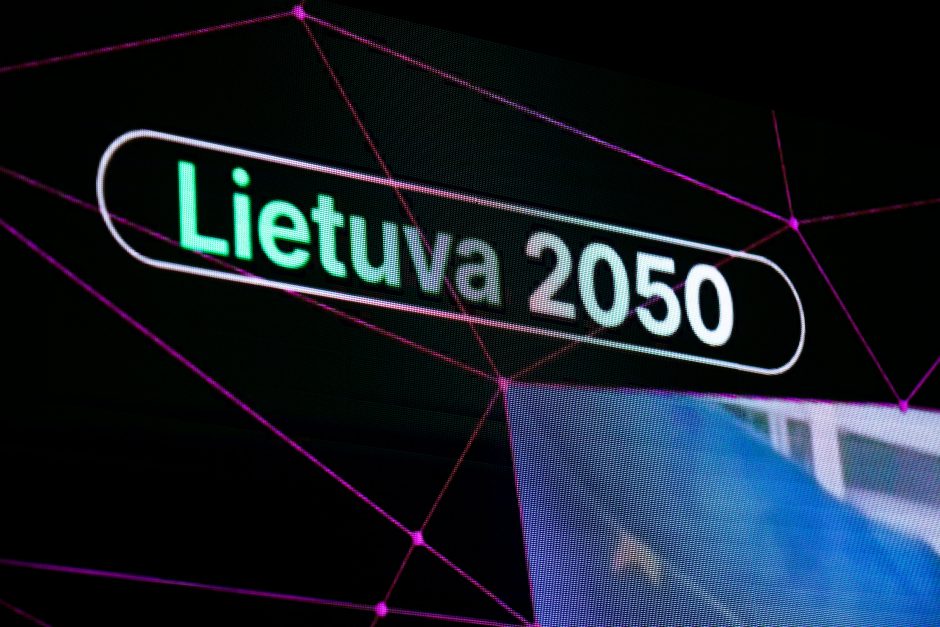The Covid-19 pandemic has really impacted EU innovation ecosystems and the implementation of S3 policies. This article seeks to highlight elements of the keynote speech of Carmen Sillero Illanes, from the Joint Research Centre of the European Commission, who spoke at the event hosted online by the Metropolitan City of Turin on the 24th of February.

Dr Sillero Illanes speech during the online webinar has been enlightening, since she addressed the development of Smart specialisation strategies in the last decade and the role of the Joint Research Centre in it.

Smart specialisation strategies are expected to enhance job creation and growth, even if impacts are still difficult to trace. However, case studies showed evidence of the overall positive effects on main economic indicators and sectors. For instance, the impact on innovation of RIS3 driving research and innovation investments are of over € 40 billion provided by the EU (€ 68 billion including national co-financing). She stated: “Preliminary evidence suggests that S3 has leveraged € 3.57 billion of additional private funding, improved research infrastructures for over 37,000 researchers, created over 8,000 new research positions and helped several thousands of firms modernise and introduce new products to market”.
But how did Covid-19 affected EU economies? Dr Sillero Illanes tried to answer to this question, by stating that 60% of SMEs reported a fall in turnover and two thirds reported that they have delayed investment decisions or downsized investments. She further addressed the impacts of Covid-19 on the European tourism sector, one of the most endangered by the virus.

Covid-19 affected both the supply side conditions and citizens’ choices: government measures cancelled flights and limited the use of space to ensure people distance, while people uncertainty about the future and their reduction of household income reduced leisure and travel expenses.
Covid-19 changed consumer behaviour, by affecting willingness to travel and the destination preferences. Expectations regarding international travel in the post-COVID-19 crisis are also likely to be lower, in comparison with the pre-crisis period.
Dr Sillero Illanes presented part of a JRC report results, titled “Behavioural changes in tourism in times of COVID-19”, which can be found here. Some of the possible long-term effects of COVID-19 on tourism demand could be the acceleration of green transitions and sustainable tourism concept and the acceleration of digitalisation in business model.
According to the JRC, the main challenges and opportunities in order to face for the economic transition, will be: the increase directionality, the Green Deal, the Sustainable Development Goals, Recovery and Digitization. Moving from “Just in time” to the concept of European Strategic Autonomy, avoid fragmentation of programs and resources, Cohesion Funds, Recovery and Resilience Funds, National Funds, Horizon Europe, European Council, EIT, subsidiarity intelligence, multi-level coordination and interdepartmental cooperation, co-design to experience new policies.
Placed based innovation has a key role in building new value chains, since connecting better places, their actors, investments and innovative solutions to new and renewed value chains and to other places around the EU can allow for cross-fertilisation, faster learning and better connections to global markets. Moreover, interregional thematic smart specialisation partnerships are in a good position to create such connections and for integrating place-based innovation in the European recovery agenda.
Dr Sillero Illanes presentation finished with the concept of S4 (Innovation Strategies for Sustainability), which are impact-based strategies for sustainability transitions, to create economic, social and environmental value through a participatory governance framework in support of forward-looking policy and which represents a new way of working across government departments and levels, focused on solving territorial challenges.
Finally, Dr Sillero Illanes concluded her speech by noting that: The clock is ticking: we need to achieve impact for the economy, society and environment within defined timeframes. To do so, we should be drawing linkages across policy domains that are now unexploited. Building the links is costly: tensions will emerge and we need ways to address them. We should also be re-tooling government, including with revised and fit-for-purpose policy instruments, such as new forms of public private partnerships, public procurement for transformation and regulatory experimentation and reform.
Taken together these require a step change in the effectiveness of coordination. They stand to accelerate and amplify impact. This is what S4 is trying to achieve.”
The presentation “S3 through the pandemic, Challenges and Opportunities” is in the ecoRIS3 website library available here.
For further information e-mail Claudia Fassero .
